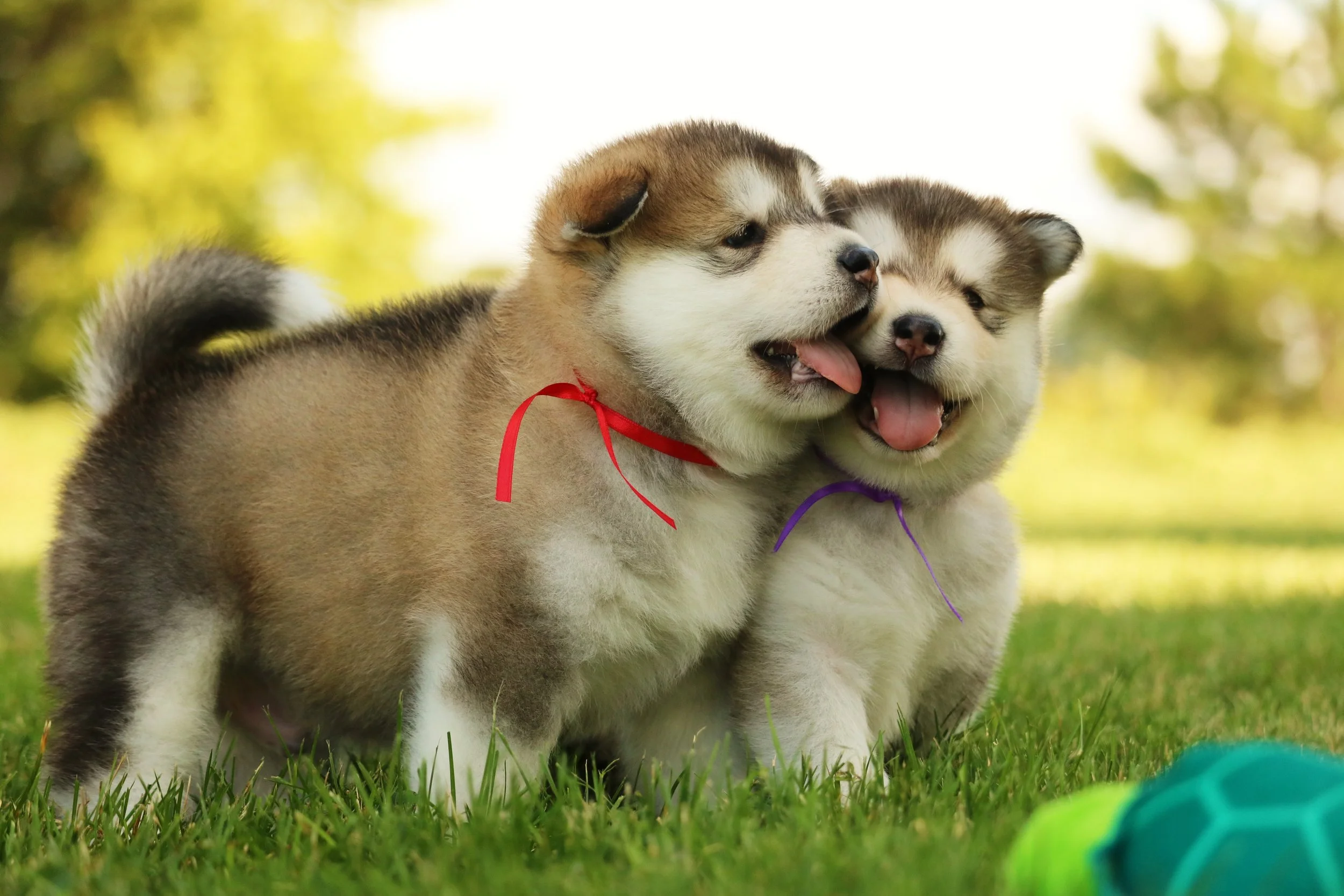Puppy Mills
What are puppy mills and how do you detect them?
The Canadian Kennel Club Policy Statement – Definition of a Puppy Mill
(Effective March 2002)
"The term “Puppy Mill” generally refers to a high-volume, sub-standard dog-breeding operation, which sells purebred or mixed breed dogs, directly or indirectly to unsuspecting buyers. Some of the characteristics common to puppy mills are:
(a) Sub-standard health and/or environmental issues;
(b) Sub-standard animal care, treatment and/or socialization;
(c) Sub-standard breeding practices which lead to genetic defects or hereditary disorders;
(d) Erroneous or falsified certificates of registration, pedigrees and/or genetic background.
Note: These conditions may also exist in small volume or single breed establishments."
They sell primarily to retail pet shops (usually via a broker), but occasionally sell directly to individual consumers. Dogs are bred solely for profit, with no concern for their physical health or psychological well-being - most are disease-ridden; all are force-bred continuously. They often use "Kennels" or "Farms" in its business name. Dogs' and puppies' are usually in squalid living conditions and are off-limits to the public.
If you think you have been to a mill or have seen substandard conditions at a breeders establishment please call your local SPCA/Humane Society IMMEDIATELY to report what you saw. Only witnessed accounts can be reported.
Below you will find photos, and links to websites with more information regarding puppy mills.
CAUTION - Some images are graphic and should not be viewed by young children.
The Humane Society of the United States - Video about Puppy Mills:
http://video.humanesociety.org/video/774154537001
YouTube - Here you will find a list of videos regarding puppy mills. Some videos are VERY graphic:
http://www.youtube.com/results?search_query=puppy+mills&aq=f
Types of Breeders - Courtesy of the GSDCA:
http://www.gsdca.org/german-shepherd-dogs/choosing-a-puppy/types-of-breeders
Beware of breeders who may call another kennel or breeder a puppy mill, and give you "facts" about those kennels. This “information” is not always true or accurate. A respectable breeder would never slander, or otherwise defame another breeder as it goes against the CKC By-laws and Code of Ethics. Some breeders will spread lies and gossip about others whom they consider competition, or they don't like for personal reasons - always do your research and keep an open mind. The biggest asset to a breeder’s reputation is their happy families and references they can provide. Do they have hundreds of photos of their dogs? Are they clean? Well groomed? Do they look happy? Are they doing things other than sitting in kennels or tied to a fence? When in doubt, go with your gut! If you get a bad feeling, walk away.

